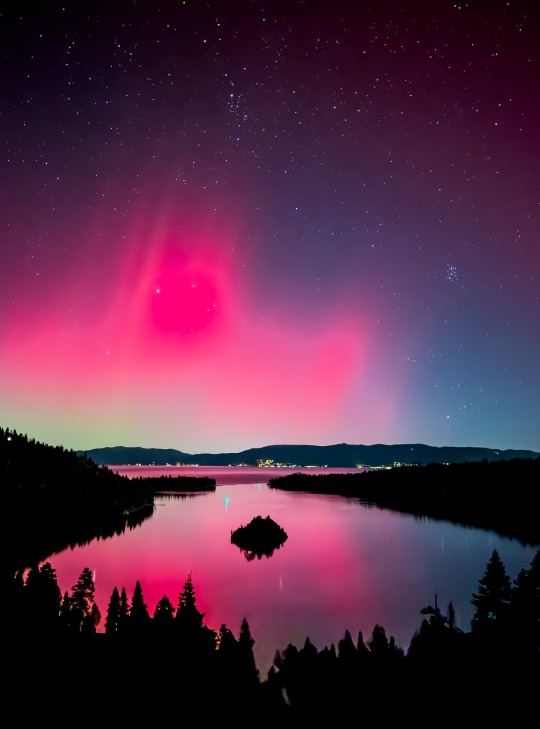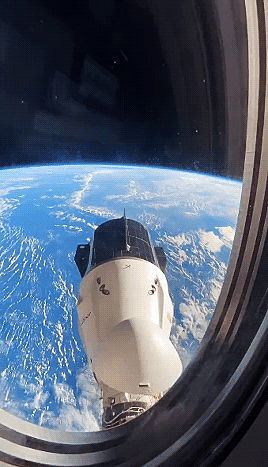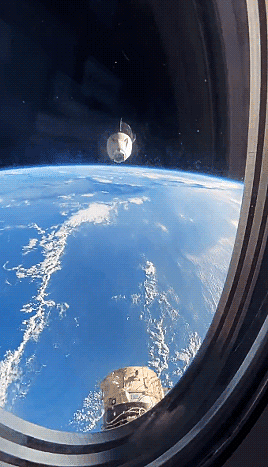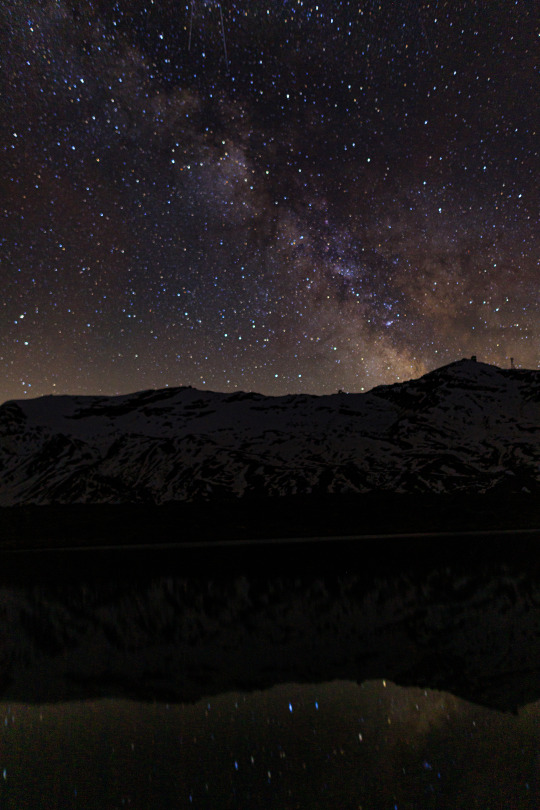#Astrophotography
Explore tagged Tumblr posts
Text

Northern lights at Emerald Bay Lake Tahoe
jamesspiper
514 notes
·
View notes
Text

Galaxy Pair Arp-Madore 2339-66 © Hubble
#galaxy#space#astrophotography#universe#cosmos#stars#planet#solar system#astronomy#nasa#hubble telescope#night sky
343 notes
·
View notes
Text



Arp 107 Galactic Eyes il Hubble Webb
#galaxy#space#astrophotography#astronomy#stars#solar system#universe#planets#sky#night#arp 107#hubble#webb#james webb telescope#interacting galaxies
428 notes
·
View notes
Text


Nikita Sursin
#mongolia#landscape photography#nature photography#film photography#filmisnotdead#portra400#mountains#lake#astrophotography#stars#sky#naturecore#lensblr#curators on tumblr
159 notes
·
View notes
Photo

Palomar 12
Credits: ESA/Hubble, NASA
82 notes
·
View notes
Text

#mine#my photography#full moon#moon#nature#naturecore#dusk#digital photography#photography#aesthetic#photographers on tumblr#canon#soft grunge#soft grunge aesthetic#astronomy#astrophotography#celestial#lunar#moon aesthetic#framing#digicam#dark aesthetic#gothic#winter aesthetic#winter#moonlight#appalachia#nature photography
123 notes
·
View notes
Text


This sky orb is not an edit, it’s the clearest picture of VENUS ! The Venus planet (infrared) looks like a chaotic dawn or sunset sky. Images: July 2024, Japanese Akatsuki space probe (for real, not from Naruto: Akatsuki means “DAWN”).
#space#venus#aesthetic#sky#planet#astronomy#astrophotography#space probes#solar system#tale#photography#humaning is constant shock#omg#infrared alters colors to see more details
4K notes
·
View notes
Text




star bursts
instagram - twitter - website
#photographers on tumblr#night#stars#landscape#nature#glow#original photographers#mountains#sky#milky way#astrophotography#aesthetic#artists on tumblr#art#leah berman#cosmos#space#photography#naturecore
4K notes
·
View notes
Text


by babaktafreshi
#perseids#shooting stars#night sky#milky way#galaxy#astrophotography#astrophysics#astronomy#meteor#meteor shower#nature#naturecore#curators on tumblr#up
6K notes
·
View notes
Text


Wolf Moon with Mars peeking out
astronycc
#Sony A7iii#Sony 200-600mm G Lens#Teleconverter 2X#astrophotography#astronomy#the moon#mars#the planets#curators on tumblr
9K notes
·
View notes
Text

DEM L71 Supernova Remnant ©
#space#supernova remnant#stars#chandra observatory#astrophotography#planet#galaxy#universe#cosmos#nasa#astronomy#solar system#night sky
313 notes
·
View notes
Text
View 🚀 back to…. 🌎


SpaceX Dragon undocks from ISS l Andreas Mogensen
526 notes
·
View notes
Text

Milky Way arch over the Mojave desert, California
#milky way#milkywayphotography#space#galaxy#stars#nebula#aimeekb#astrophotography#photographerlife#adventure#hiking#explore#travel#lesbians who hike#mountains#california#mojave desert#california desert
8K notes
·
View notes
Photo

NGC 7822 in Cepheus
Credits: Mark Carter
104 notes
·
View notes
Photo

Milky way over the mountain lake - Alpine Haute Route, July 2021
photo by: nature-hiking
#milky way#starscape#astrophotography#mountains#lake#mountain lake#milky way over the mountain lake#landscape#AHR#Alpine Haute Route#alps#long distance trail#wilderness#hiking#trekking#nature#photography#original photography#photographers on tumblr#AHR 2021
5K notes
·
View notes